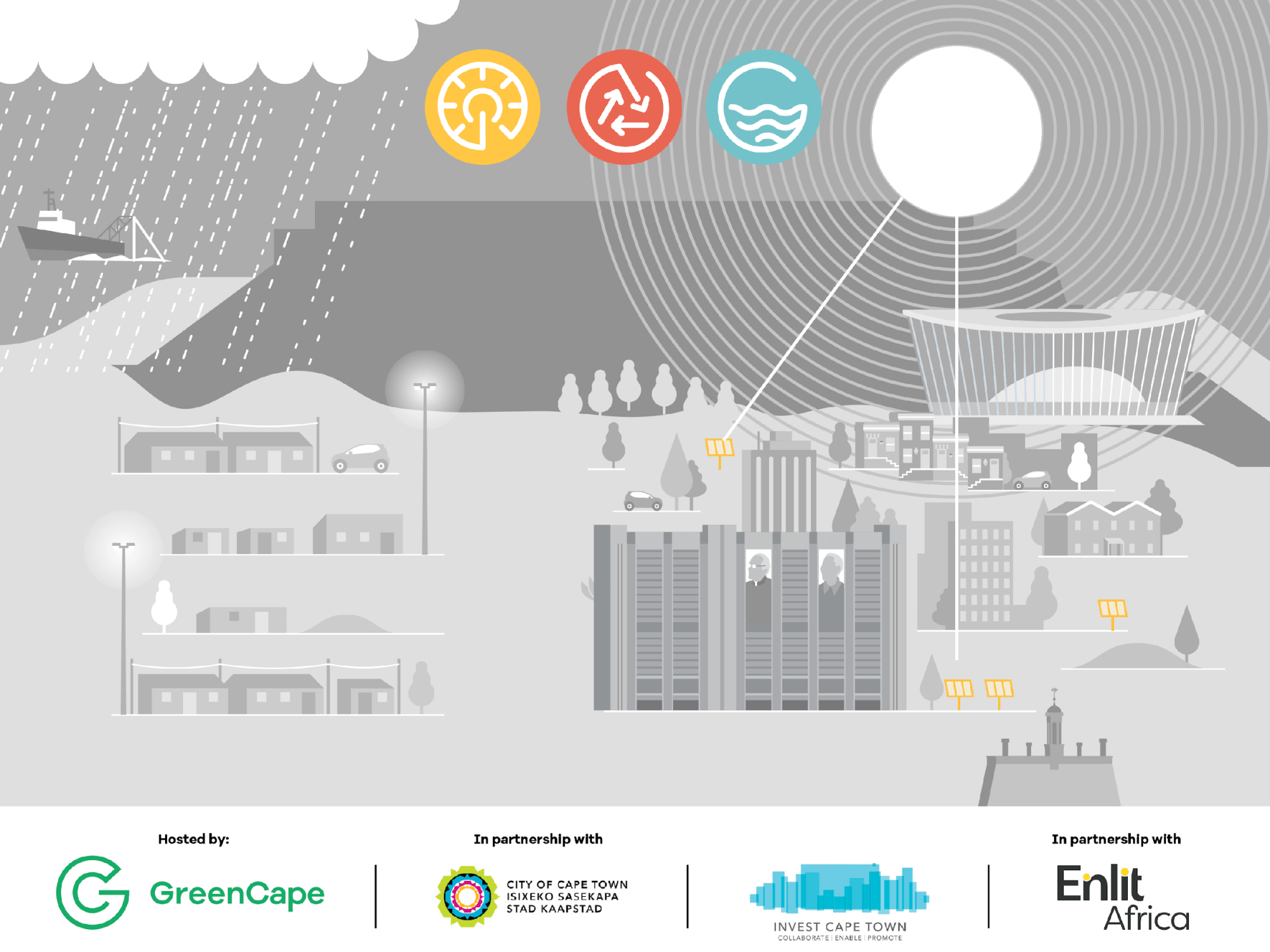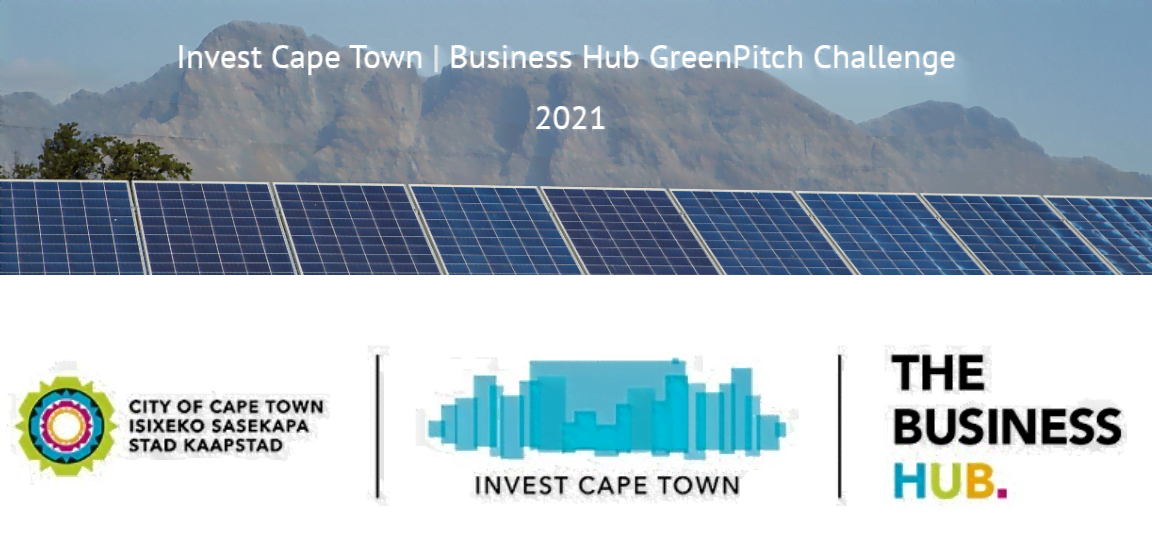GreenCape was awarded the Top Gender Empowered Company in the Energy and Utilities sector at the prestigious Standard Bank Top Women Awards last night at Emperors Palace in Johannesburg.
Employing mostly engineers and other scientists, GreenCape employs 57% women, a remarkable achievement if one considers that the green economy and science, technology, engineering and math (STEM) fields are heavily male dominated. It also offers a great working environment for women, from paid maternity leave, the possibility to work flexibly, mentoring and a well-funded skills development programme – all options that not generally available in non-profit organisations.
“We are very proud”, says Mike Mulcahy, GreenCape’s CEO. “This is a win for the women and men at GreenCape who live and work their values, and who use their qualifications and talents to create a sustainable planet. It is also a win for all our funders and board members who have supported us in growing a culture and values that support gender equality.”
Since being established in November 2010, GreenCape has expanded from three male team members who focused on renewable energy, to a multidisciplinary team of over 42. These relevant specialist fields are often dominated by men, and with GreenCape delivering technical support in the energy, water, waste and sustainable agriculture sectors, the organisation could easily have grown to become male dominated. It hasn’t. In addition to employing 57% women, there are 13 people in the overall management team, of which 6 are female (46%), 50% of GreenCape’s senior management team (EXCO) are women. In terms of earnings, 4 of the top 10 earners are female (1 of the top 3 earners is female)
“With a progressive National Development Plan (NDP), ambitious global sustainable goals, and concerted government effort to ensure gender equality in the energy sector, companies are starting to transform and set gender quotas. However, women are still grossly under-represented at 11% of the engineering workforce,” says Dr Lauren Basson, a chemical engineer who is in charge of GreenCape’s knowledge portfolio.
Gender empowerment in the energy and utilities sector, in particular, require concerted action by not only companies, but also government, trade unions, universities, and women themselves. “Companies can do more to recruit women in both low- and high-skilled positions. At a low-skill level, more males are recruited in technical and related fields than women. At a high-skill level, there are fewer women who study science, technology, engineering and math (STEM) subjects, which in turn affects the pool of candidates from which companies are able to hire,” says Basson.
South Africa’s energy industry has traditionally been male dominated, which creates bias in the hiring process – we see more women in administration and sustainability but much less in the engineering and more technical sides of the industry. There are deep-seated social misconceptions about what women can and cannot do. Companies making an active and deliberate effort to put women in the forefront of engineering and utility projects for instance, will help set an example, and empower other women to take on such roles. It is tragic that, after studying and working for many years, some women report that they experience the sector as hostile and uncomfortable to work in.
“The strong and influential nature of women leaders and engineers in GreenCape has created an environment where other women feel empowered to take on management and technical roles in traditionally male dominated sectors”, says Basson.


